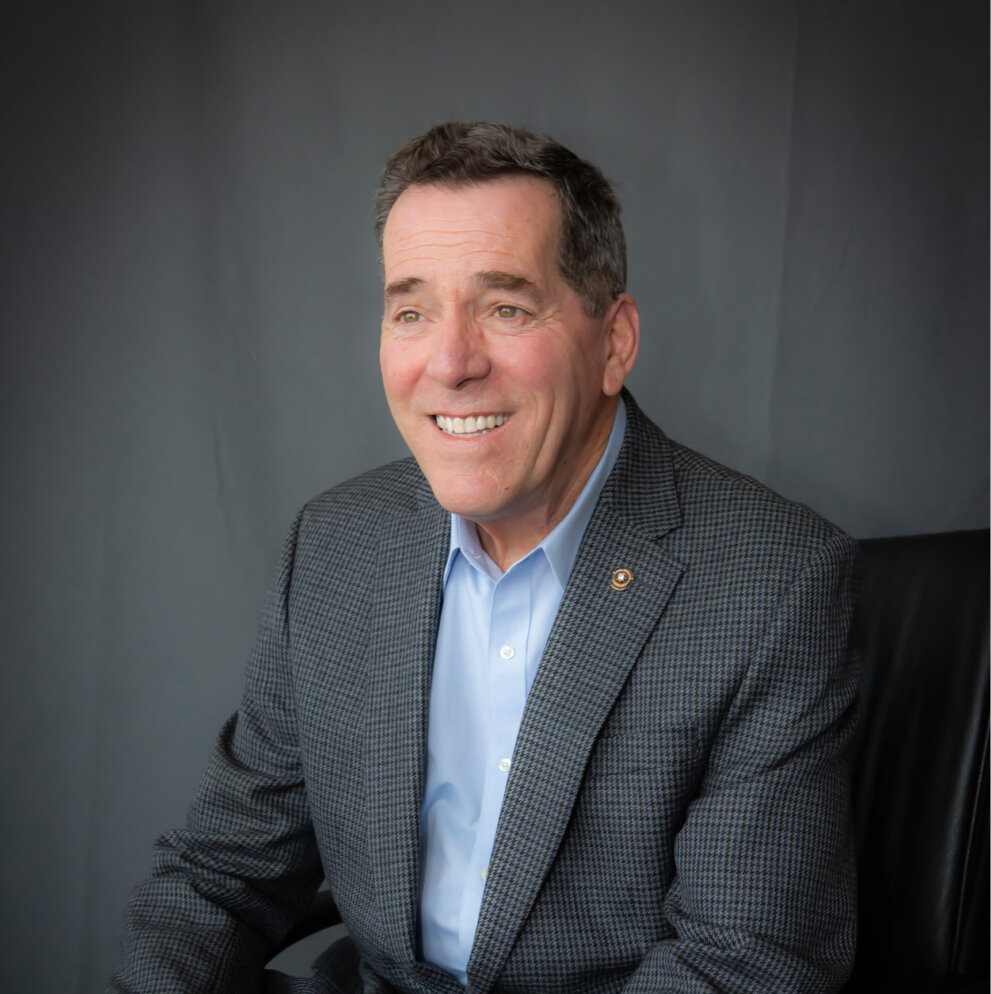“A well-crafted estate plan is a terrible thing to waste – don’t wait until it’s too late, plan your estate!”
“Life happens while we’re busy making other plans.”

No one wants to think about death or disability, but will your family be ready if you die or become disabled? Whether you are young or old, rich or poor, you will want to have at least a “basic estate plan” in place, and there are many reasons you’ll want one.
For example, many clients mistakenly believe that their spouse or adult children can automatically take over for them if they become incapacitated, but if you want your family to immediately take over if you cannot manage your own financial affairs you will need to designate one or more of them in a proper legal durable power of attorney, so they will have the authority to withdraw money from your accounts, pay bills, take distributions from your IRAs or 401(k) accounts, sell stocks, or refinance your home. A proper estate plan may also help your family avoid having to petition the Court to appoint a conservator for you, which has become an elaborate and very expensive process in California.
What happens if you become incapacitated and can no longer effectively consent to medical treatment? You may want your spouse or adult child to make these decisions for you, but unless you have a proper legal advance health care directive designating one or more of them to act on your behalf, they cannot make any medical decisions for you. The directive will empower anyone you designate to consent to your preferred medical treatments when you cannot do so and reflects your desires regarding the use of extraordinary measures should you become permanently unconscious or terminally ill.
Lastly, if you die without an estate plan the State of California has an estate plan for you, and you may not like it. If you want to be sure your estate assets go to the people you intend as beneficiaries of your estate, a proper legal revocable living trust will allow you designate successor trustees who can gather all assets, pay all legitimate debts, distribute remaining asset to named beneficiaries, and handle any tax issues and resolve them according to law. Most importantly, your revocable living trust can ensure that the administration of your estate remains private and handled without any family member having to petition the Court to probate your estate. Avoiding probate is probably the most talked about benefit of estate planning.

Step 1 – gather and deliver essential information for your estate planning attorney.
Step 2 – work with your attorney to design a comprehensive estate plan which is tailored and personalized to your unique needs, goals, and objectives.
Step 3 – execute estate planning documents prepared by your attorney, and work with your attorney to ensure your estate plan is fully implemented, and that any non-trust assets you may have are properly provided for and complement your estate plan.

Your “basic estate plan” will typically include the following documents:
“Revocable Living Trust” – your “Revocable Living Trust” is a legal document that places your assets into a trust during your lifetime and distributes them to your beneficiaries upon your death. It helps avoid the time-consuming and costly probate process, provides privacy, and allows for seamless management of your assets if you become incapacitated.
“Pour-Over Will” – your “Pour-Over Will” is a legal document that calls for any assets you may neglected to put into your trust to be “poured-over” to your trust. Your trust outlines your wishes regarding the distribution of your assets, the care of minor children, and the management of your estate after your death, and having a “Pour-Over Will” ensures that any non-trust assets you may have neglected to put in your trust will be distributed to your trust.
“Durable Powers of Attorney for Financial Management and Personal Care” – your “Durable Powers of Attorney for Financial Management and Personal Care” allows you to designate someone to manage your financial affairs if you become incapacitated. This ensures that your financial matters are handled according to your wishes, without the need for court intervention. In most cases a “durable power of attorney” will allow your family to avoid having to petition the Court to appoint a conservator for you, which is an extremely complex and costly process.
“Advance Health Care Directive” – your “Advance Health Care Directive” outlines your preferences for medical treatment if you are unable to communicate your wishes. This document helps guide your loved ones and healthcare providers in making critical health care decisions on your behalf, especially regarding the use of extraordinary measures should you become permanently unconscious or terminally ill.
“HIPAA Authorization” – your “HIPAA Authorization” allows you to designate your successor trustee, executor, or attorney-in-fact (agent under durable powers of attorney), or anyone else you choose, to receive medical information from health care providers on your behalf, which may be essential should it become necessary to establish your incapacity.
“Personal Property Memorandum” – your “Personal Property Memorandum” allows you instruct your trustee to distribute specifically identified items of personal property to individual beneficiaries. This memorandum is authorized by the specific terms of your trust, and you can modify or revoke the memorandum at any time without needing to employ and pay for an attorney to amend your trust.
“Assignment of Property to Trust” – your “Assignment of Property to Trust” is a blanket assignment of your untitled personal property to your family trust, to ensure your personal property will not need to be probated should you die.
“Certification of Trust” – your “Certification of Trust” is a legal document that you can provide to financial institutions and other third parties as a substitute for providing a copy of your entire trust. By using this document, you can keep the distribution provisions of your trust private.

Experience and Expertise
I have practiced law in California for over 47 years and have created hundreds of estate plans for clients throughout Southern California. My experience and expertise in creating both simple and complex estate plans help ensure your estate plan is both legally sound and up to date.
Personalized Services
I provide personalized, one-on-one service for all my clients. I recognize your situation is unique, and I take the time to understand your specific needs, goals, and concerns to create a customized estate plan that not only will protect your assets, but also provide peace of mind for you and your family.
Client-Centered
Lastly, I have a client-centered approach to my practice. I prioritize clear and transparent communication, ensuring that you fully understand your options and the implications of each decision. My goal is to make the estate planning process as straightforward and stress-free as possible.
I would be honored if you would allow me the privilege of working with you and your family to create your family’s estate plan. Please call me today to schedule a free consultation. I look forward to serving you.
My office is conveniently located at 2945 Townsgate Road, Suite 200, Westlake Village, CA 91361, and you can reach me by phone at (805) 492-4044, or by e-mail to GSindon@Sindon-Law.com. You can also see my LinkedIn profile at www.linkedin.com/in/geoffrey-sindon.
